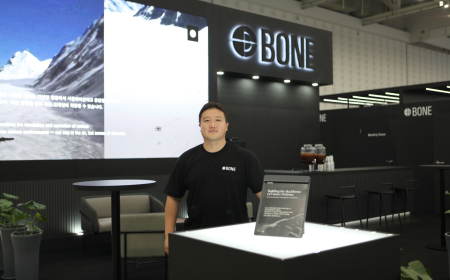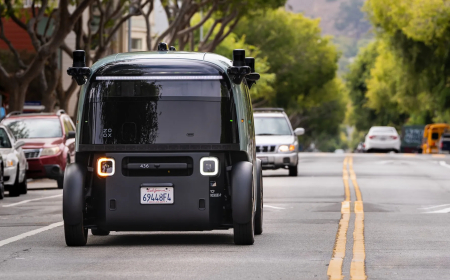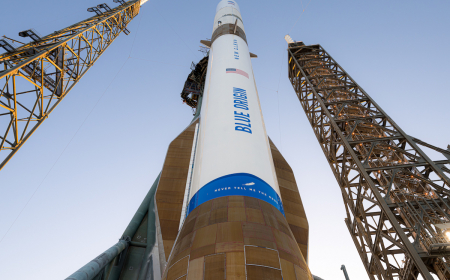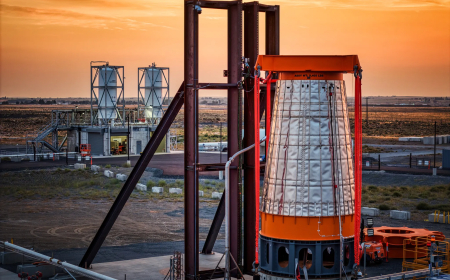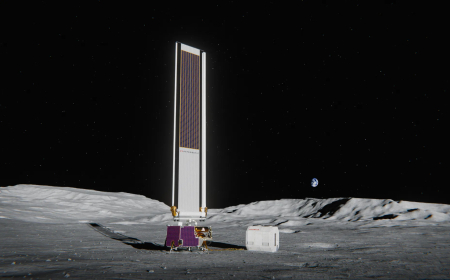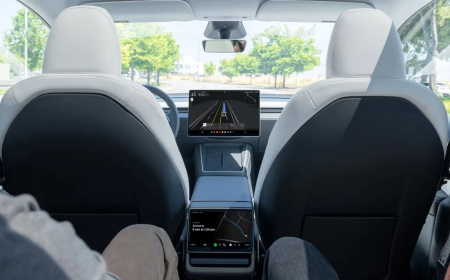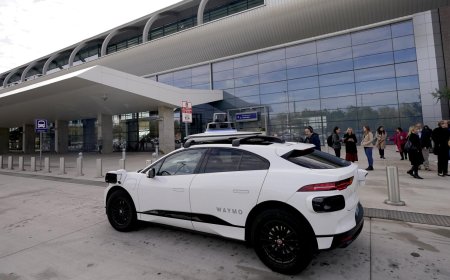The Future of Driving: Importance of AI in the Automotive Sector
Discover the importance of AI in the automotive sector. Learn how artificial intelligence is shaping car safety, autonomous driving, smart vehicles, and the future of mobility.
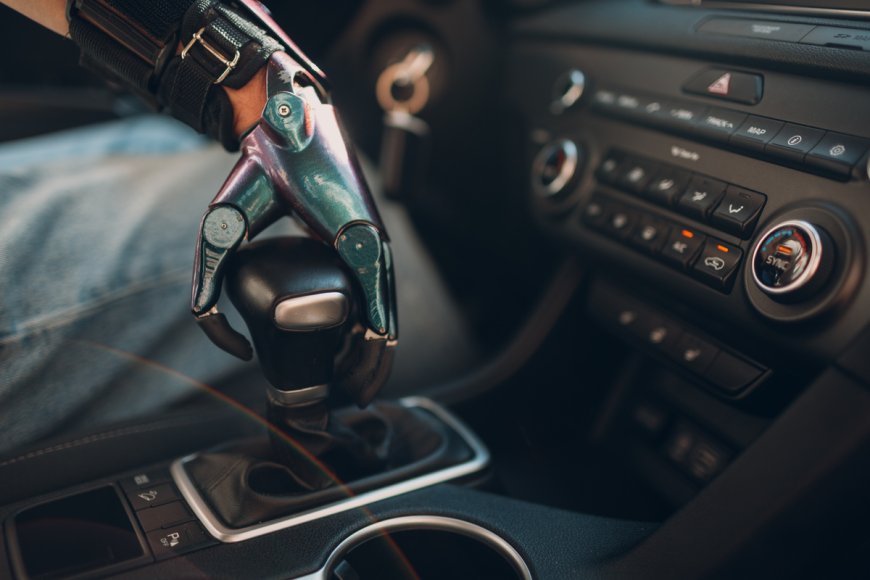
Artificial Intelligence (AI) is no longer just a futuristic buzzword in the automotive industry—it has become the driving force behind innovation on our roads. From autonomous vehicles to predictive maintenance and personalized in-car experiences, AI is reshaping how cars are designed, manufactured, and driven, making mobility smarter and safer than ever before.
One of the most visible ways AI is transforming driving is through advanced safety features. Modern cars are now equipped with intelligent systems that can automatically brake to prevent collisions, keep vehicles steady within their lanes, and warn drivers of potential hazards. These technologies act like an extra set of eyes on the road, significantly reducing accidents and giving both drivers and passengers a greater sense of security.
AI is not only changing the way we drive but also the way cars are built. Automotive manufacturers are embracing AI-driven tools to improve production quality, optimize supply chains, and cut costs. Predictive analytics helps identify potential mechanical issues before they occur, ensuring vehicles roll off the production line more reliable, efficient, and environmentally friendly.
Beyond safety and production, AI is enhancing the everyday driving experience. Cars are becoming more connected and responsive, with voice assistants that understand natural speech, infotainment systems that adapt to personal preferences, and even driver monitoring tools that help maintain alertness on long journeys. The result is a highly personalized and comfortable driving environment that feels more intuitive and human-centered.
The industry’s long-term vision is clear: fully autonomous driving. While we are not there yet, many automakers are already testing advanced systems capable of handling complex traffic conditions with minimal human input. Level 3 and Level 4 autonomous vehicles are gradually entering the market, bringing us closer to a future where cars can navigate city streets and highways independently. This promises not only safer roads but also reduced congestion and more sustainable urban mobility.
As AI continues to advance, its importance in the automotive sector will only grow. It is redefining safety, efficiency, and convenience while shaping a new era of transportation that is smarter, greener, and deeply connected to human needs. The future of driving is not just about getting from one place to another—it’s about experiencing mobility in a way that is safer, more efficient, and more enjoyable than ever before.
FAQs on AI in the Automotive Sector
What is the role of AI in the automotive industry?
AI improves vehicle safety, enhances manufacturing efficiency, enables autonomous driving, and personalizes the in-car experience.
How is AI making cars safer?
AI powers advanced driver-assistance systems such as automatic braking, lane-keeping, and collision detection, reducing accidents on the road.
Can AI reduce car manufacturing costs?
Yes. AI streamlines production, improves quality control, and predicts faults early, which lowers costs and ensures reliable vehicles.
What are autonomous vehicles and how does AI enable them?
Autonomous vehicles use AI, sensors, and data analysis to drive with minimal human input. AI helps them recognize objects, make decisions, and navigate safely.
How does AI personalize the driving experience?
AI adapts infotainment, adjusts vehicle settings, and even monitors driver alertness to create a safer, more comfortable ride.
Are fully self-driving cars already available?
Not fully. Some manufacturers have introduced Level 2 and Level 3 autonomy, but fully self-driving cars (Level 4 and 5) are still in testing phases.
How does AI support environmental sustainability in the automotive sector?
AI helps optimize fuel efficiency, supports the shift to electric vehicles, and reduces waste in manufacturing processes.
Which companies are leading in automotive AI innovation?
Brands like Tesla, BMW, Mercedes-Benz, Volvo, and Toyota, along with tech companies like Google and NVIDIA, are at the forefront of AI in mobility.
What challenges does AI face in the automotive industry?
Challenges include regulatory approval, safety concerns, high development costs, and the need for robust infrastructure.
What is the future of AI in mobility?
The future involves safer, greener, and fully connected vehicles with widespread adoption of autonomous driving and smart mobility solutions.
What's Your Reaction?
 Like
0
Like
0
 Dislike
0
Dislike
0
 Love
0
Love
0
 Funny
0
Funny
0
 Angry
0
Angry
0
 Sad
0
Sad
0
 Wow
0
Wow
0


